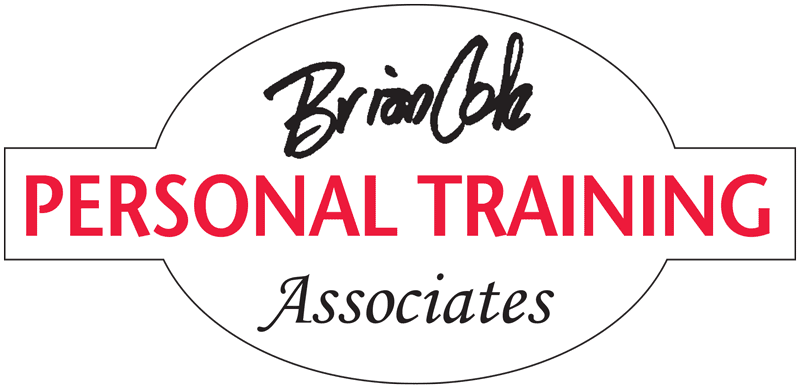“Everything in life should be made as simple as possible—but not simpler.”
– A. Einstein
Subtle sense of humor from this brilliant fellow but a good message. While our culture seems to value multi-tasking, we actually benefit by simply focusing on what we’re doing or who we’re with or the present moment. Calming our mental chatter is the foundation of meditation and of improved brain performance. Focusing and paying attention show respect and appreciation for who we’re with. Distractions hamper performance. We’re better drivers, writers, physicists, lovers, listeners, athletes—if we’re not distracted and are in the moment. And yet many people still value multi-tasking?
Science has also weighed in on this by using magnetic resonance imaging (MRI) to measure brain region activity. The constant switching of attention when multi-tasking does increase mental activity but at the expense of memory and learning. Multi-tasking is shown to increase levels of cortisol and adrenaline (stress-related hormones) to help in task completion but they also interfere with our capacity to analyze, focus and remember data. Technology teens are a good example. Texting while driving has obvious disadvantages but so does chatting on Facebook with iPod headphone music, the TV on in the background, snacking on simple carbohydrates and quickly texting a reply while finishing a homework assignment. They may complete tasks but they also learn less. These habits formed in developing brains will be very difficult to reshape.
I guess the idea of multi-tasking is to get more done in less time. To be more productive. But in reality our brains are constantly distracted, chaotic, racing and unfocused.
Which brings us to the challenge of habit change.
Personal question: When I say “habit change” do you think of stopping one or starting one? Which do you naturally think of? I’ve found that most of us are either better at denying ourselves things or at doing more. Together they make up self discipline. Example: You’re very motivated and go to the gym regularly but can’t seem to give up some negative eating or drinking habits. Or: you like the feeling of control you get from denying yourself certain things but have trouble sticking with an exercise routine. If we know our strengths, weaknesses and tendencies, we’ll have a better chance to use our self discipline effectively.
Whoever we are, we’ll need a committed, focused, solo-tasking brain to stop or start a habit. Change. It seems to intimidate most people. Familiarity is comforting. But remember, any change, desired or not, self-directed or thrust upon us, has a 50/50 chance of being an improvement. And we’re talking now about change that’s both desired and self directed. So there’s plenty of reason to fearlessly make it happen.
First, commit (write it down). Be specific (focus on one change at a time). Plan a strategy (if you don’t buy it in the grocery store, you won’t have to deny yourself at home). Make it pleasurable (maybe find a friend/partner to walk or exercise with).
Whether you’re starting something new or stopping a harmful but familiar pattern, your ability to stay focused, to solo-task, is essential to your success. Don’t get distracted. Focus on your new priority until it represents who you want to be.

